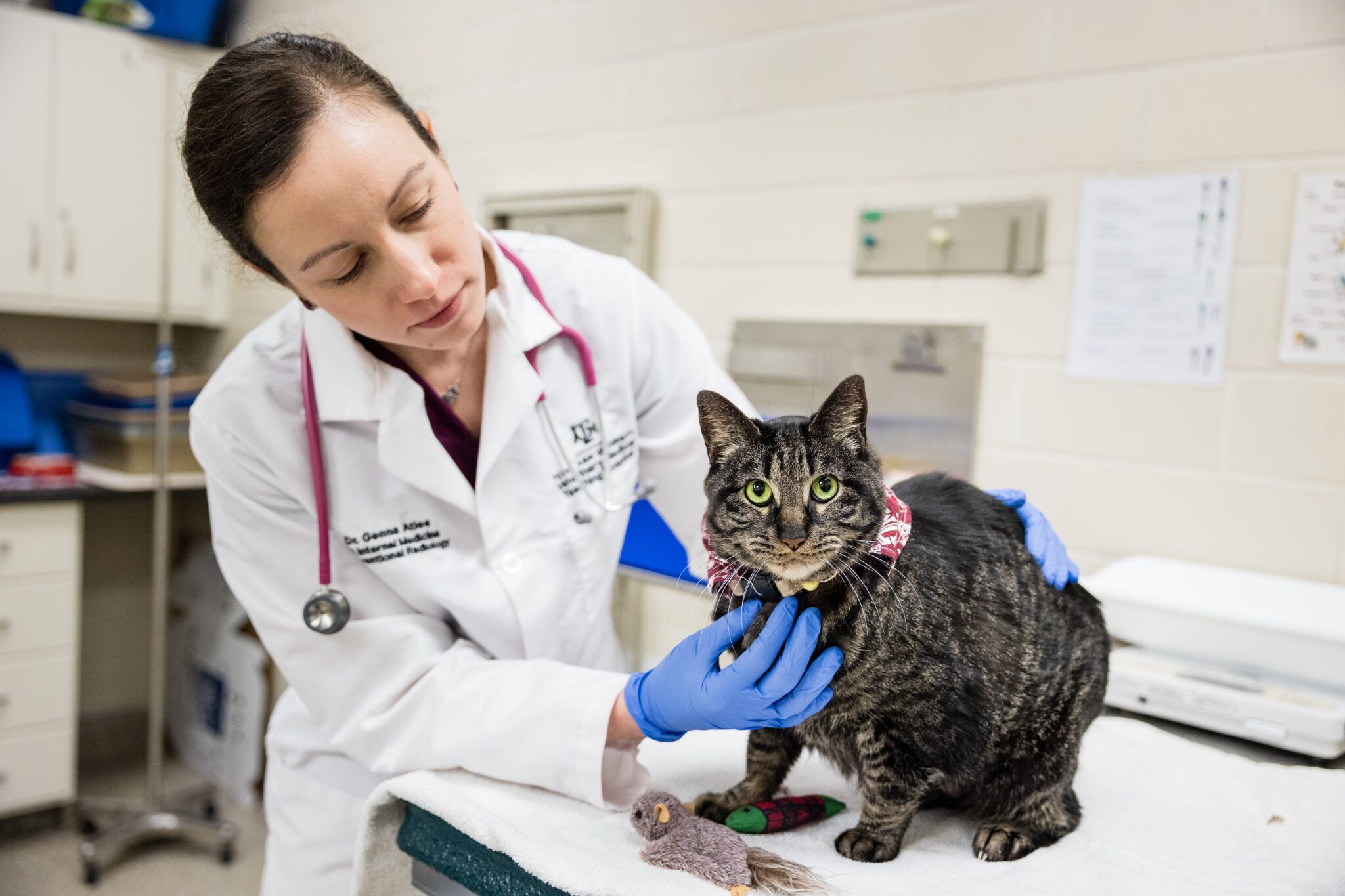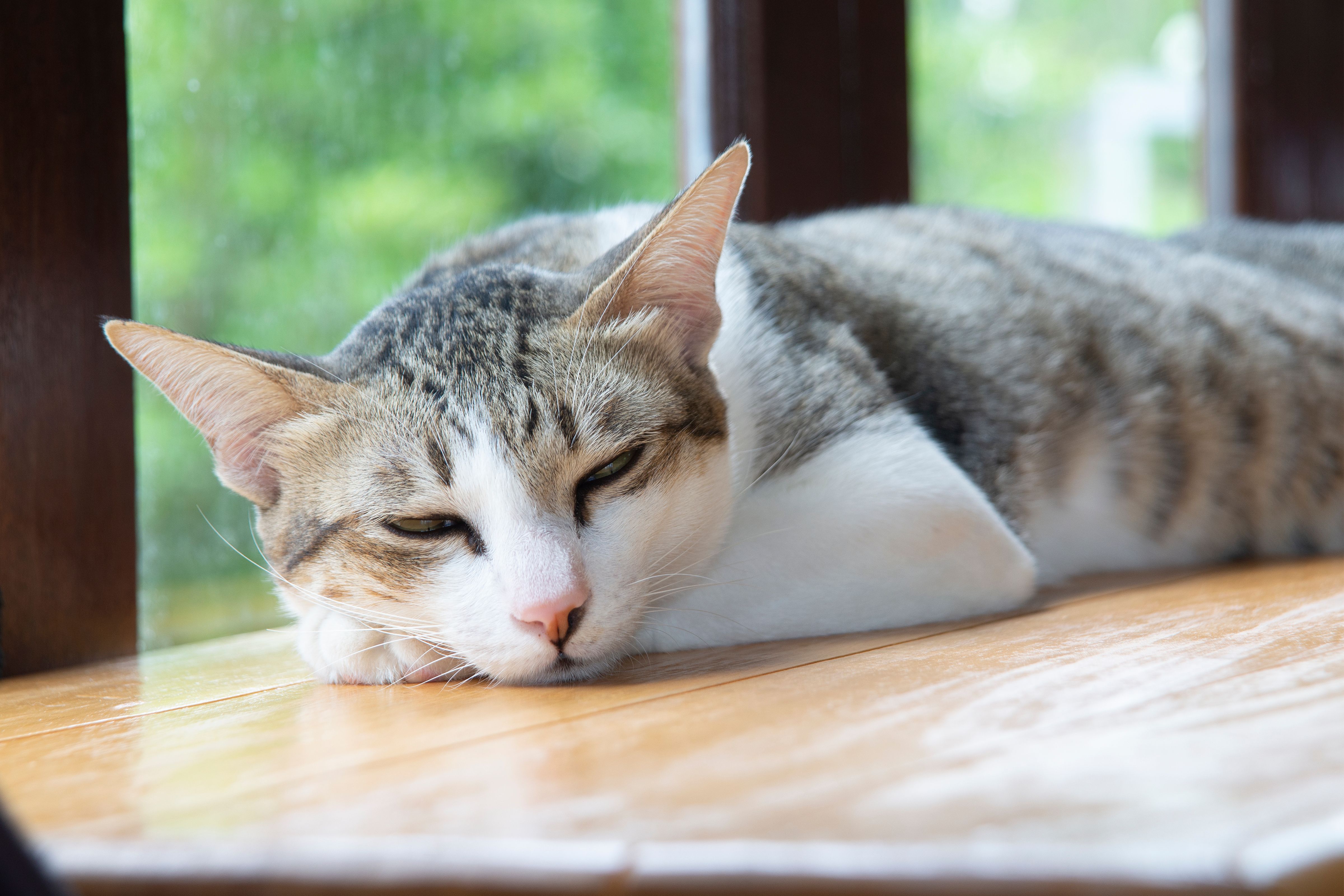- Joined
- Feb 23, 2017
- Messages
- 5,983
Here's a vet study on a new interesting supplement/drug for getting rid of toxins in cats with kidney dis-eases.

 www.dvm360.com
www.dvm360.com

Cat with chronic kidney disease finds renewed energy from clinical trial
The new study from Texas A&M School of Veterinary Medicine & Biomedical Sciences sees positive initial results


